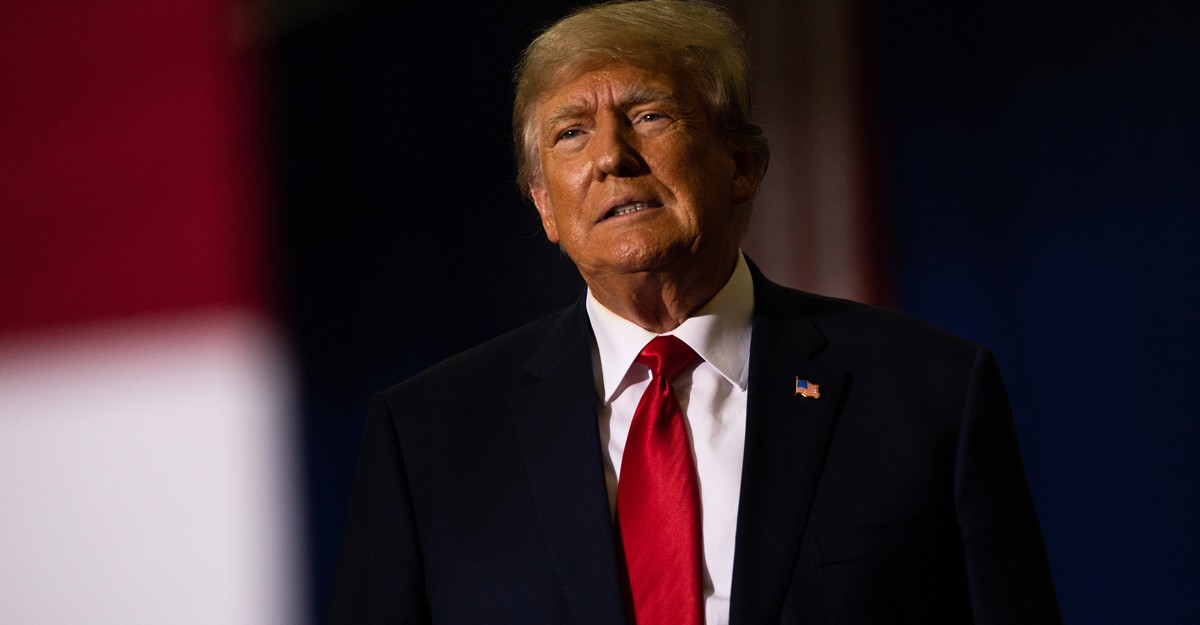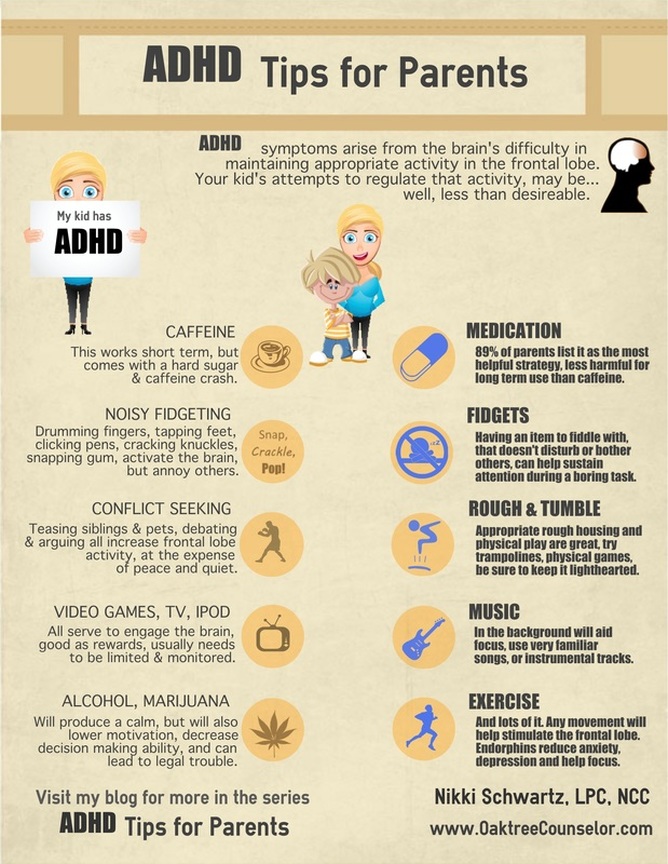Will Renewed Trump Tariffs Cripple Europe? Analyzing The Economic Impact

Table of Contents
Impact on Specific European Industries
The reintroduction of tariffs targeting European goods would disproportionately affect several key industries. The economic fallout would be far-reaching, impacting not only businesses but also employment levels and consumer prices.
Automotive Sector
The automotive industry, a major exporter to the US, would be particularly vulnerable to renewed Trump tariffs. This sector, already facing challenges like supply chain disruptions and the transition to electric vehicles, would face an additional significant headwind.
- Increased costs for European car manufacturers exporting to the US: Tariffs would directly increase the price of European cars in the US market, reducing their competitiveness against domestically produced vehicles and those from other regions.
- Potential job losses in the automotive and related industries: Reduced sales and profitability could lead to plant closures, layoffs, and a ripple effect across the supply chain, affecting parts suppliers and other related businesses.
- Reduced competitiveness compared to non-European car manufacturers: The increased costs associated with tariffs would put European manufacturers at a distinct disadvantage compared to competitors from countries not subject to the same tariffs.
- Example: A 25% tariff on BMW vehicles exported to the US could significantly reduce their profitability and market share, potentially leading to production cuts and job losses in Germany. Similar impacts would be felt by Mercedes-Benz and Volkswagen.
Agricultural Products
European agricultural exports, renowned for their quality and heritage, are also highly susceptible to renewed tariffs. Products like wine, cheese, and other specialty food items could face significant challenges.
- Price increases for consumers in the US: Tariffs would increase the price of imported European agricultural goods in the US, reducing consumer demand.
- Reduced demand for European agricultural products: Higher prices could shift consumer preferences towards domestically produced alternatives or imports from countries unaffected by the tariffs.
- Impact on farmers and related businesses across Europe: Reduced demand would directly impact farmers' incomes and the viability of related businesses, such as food processing and distribution.
- Example: French wine exports to the US could experience a substantial decline, severely impacting French winemakers and the broader French economy. Similarly, Irish dairy farmers could face decreased demand for their products.
Steel and Aluminum Industries
These sectors, already sensitive to global trade dynamics, would face immediate consequences from renewed Trump tariffs. The potential for retaliatory measures adds another layer of complexity.
- Increased costs for European steel and aluminum producers: Tariffs would immediately increase the cost of exporting these materials to the US.
- Potential for retaliatory tariffs from Europe: The imposition of tariffs could trigger retaliatory measures from the EU, escalating trade tensions and harming both sides.
- Disruptions to global supply chains: Tariffs can disrupt established supply chains, leading to shortages and price volatility across multiple industries.
- Example: European steel producers heavily reliant on the US market would see their profitability drastically reduced, potentially leading to factory closures and job losses.
Macroeconomic Consequences for Europe
The impact of renewed Trump tariffs would extend far beyond specific industries, creating significant macroeconomic challenges for Europe.
GDP Growth
The imposition of tariffs could significantly dampen European GDP growth. Reduced export volumes and a decline in investor confidence would contribute to this slowdown.
- Reduced export volumes and revenues: Tariffs would directly reduce the volume and value of goods exported to the US, negatively affecting the overall trade balance.
- Negative impact on investor confidence: The uncertainty and potential for further trade disputes could discourage investment in Europe.
- Potential for wider economic slowdown across Europe: A decline in exports and investment could trigger a broader economic downturn, impacting employment and consumer spending.
- Example: Economic modeling could demonstrate a significant reduction in European GDP growth under various tariff scenarios.
Inflation
Increased import costs due to tariffs would likely translate into higher inflation in Europe. This would squeeze consumer purchasing power and potentially trigger wage pressures.
- Impact on consumer purchasing power: Higher prices for imported goods would reduce disposable income for European consumers.
- Potential for wage pressures: Workers might demand higher wages to compensate for increased living costs, potentially leading to a wage-price spiral.
- Potential for central bank intervention to control inflation: European central banks might be forced to intervene to control inflation, potentially through interest rate hikes.
- Example: The price of certain consumer goods imported from the US could increase significantly, impacting household budgets across Europe.
Geopolitical Implications
Renewed tariffs would undoubtedly strain transatlantic relations and potentially destabilize global trade dynamics.
- Impact on EU-US cooperation on other issues: Trade disputes can spill over into other areas of cooperation, hindering progress on issues like climate change or security.
- Potential for trade wars between Europe and the US: Escalating trade tensions could lead to a broader trade war, impacting numerous industries and countries.
- Increased uncertainty for businesses operating across the Atlantic: The uncertainty created by trade disputes would hinder investment and business planning.
- Example: Cooperation on climate change initiatives could be hampered by renewed trade tensions, undermining global efforts to address this critical challenge.
Potential Responses from Europe
Europe will need to adopt a multifaceted approach to mitigate the negative impacts of renewed Trump tariffs.
- Retaliatory tariffs on US goods: Imposing retaliatory tariffs could deter further protectionist measures but risks escalating the trade war.
- Negotiations with the US administration to resolve trade disputes: Diplomatic efforts to de-escalate tensions and find mutually acceptable solutions are essential.
- Diversification of export markets to reduce reliance on the US: Reducing dependence on the US market by expanding trade with other countries is a critical long-term strategy.
- Increased investment in domestic industries to boost competitiveness: Strengthening domestic industries can reduce vulnerability to external trade shocks.
- Strengthening of trade relationships with other countries: Building stronger trade partnerships with countries outside the US would enhance resilience.
Conclusion
The potential re-imposition of Trump-era tariffs presents significant economic risks to Europe, affecting various sectors and potentially impacting GDP growth and inflation. The consequences extend beyond economics, influencing the geopolitical landscape and the EU-US relationship. Careful analysis of potential scenarios and proactive responses are critical for mitigating the damage. Understanding the complex interplay of factors involved in international trade is crucial for navigating these turbulent waters.
Call to Action: Understanding the full implications of renewed Trump tariffs is crucial for businesses and investors. Stay informed on the latest developments in transatlantic trade relations to prepare your business and understand the potential impact of renewed Trump tariffs, and potential future trade disputes, on your investments and operations. Proactive planning and diversification strategies are vital to navigate this uncertain environment.

Featured Posts
-
 Spoznajmo Romske Muzikante Prekmurja Tradicija In Sodobnost
May 13, 2025
Spoznajmo Romske Muzikante Prekmurja Tradicija In Sodobnost
May 13, 2025 -
 Gaza Hostage Situation A Continuing Nightmare For Families
May 13, 2025
Gaza Hostage Situation A Continuing Nightmare For Families
May 13, 2025 -
 The Wild Summer Of Chris And Meg
May 13, 2025
The Wild Summer Of Chris And Meg
May 13, 2025 -
 Ian Mc Kellens Coronation Street Appearance A Stepping Stone To Numerous Cameos
May 13, 2025
Ian Mc Kellens Coronation Street Appearance A Stepping Stone To Numerous Cameos
May 13, 2025 -
 Inside Our Adhd Minds A Guide To Self Understanding
May 13, 2025
Inside Our Adhd Minds A Guide To Self Understanding
May 13, 2025
